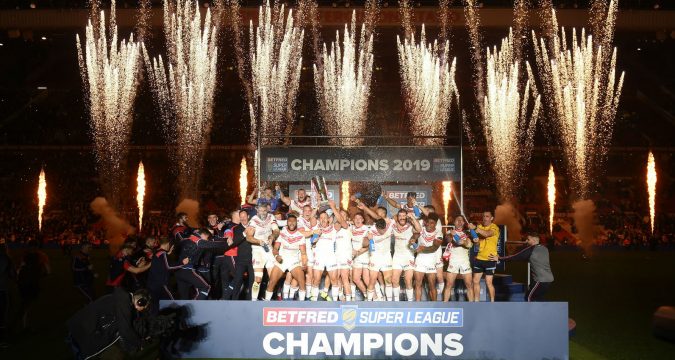 Some time ago the Rugby Union Premiership was effectively sold to CV Partners, a private equity company, for £220 million.
And now Super League, under the guidance of its Executive Chairman Robert Elstone, is on the verge of doing the same thing, although for a much smaller sum of money.
I understand that the likely offer from such a company
Some time ago the Rugby Union Premiership was effectively sold to CV Partners, a private equity company, for £220 million.
And now Super League, under the guidance of its Executive Chairman Robert Elstone, is on the verge of doing the same thing, although for a much smaller sum of money.
I understand that the likely offer from such a company Talking Rugby League: Is private equity right for Super League?
 Some time ago the Rugby Union Premiership was effectively sold to CV Partners, a private equity company, for £220 million.
And now Super League, under the guidance of its Executive Chairman Robert Elstone, is on the verge of doing the same thing, although for a much smaller sum of money.
I understand that the likely offer from such a company
Some time ago the Rugby Union Premiership was effectively sold to CV Partners, a private equity company, for £220 million.
And now Super League, under the guidance of its Executive Chairman Robert Elstone, is on the verge of doing the same thing, although for a much smaller sum of money.
I understand that the likely offer from such a company 